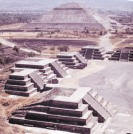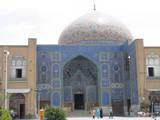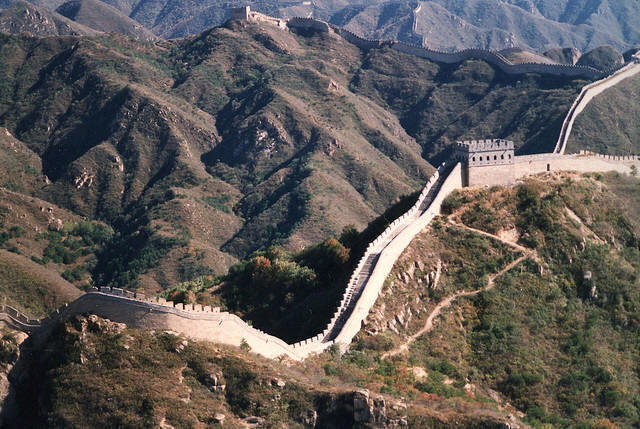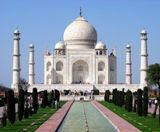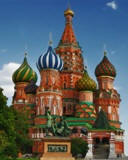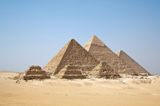Program
This conference is intended as a
constructive exchange of views on trends in the concept of
civil society. It is to unite a wide range of philosophical
and political science traditions and schools in an
atmosphere of free exchange of ideas. The conference will
consider the theory of civil society and its use as a
research methodology for the study of acute and specific
problems of modern society.
The
concept of civil society was widely used in academia,
journalism and political discussion in the late 1980s and
the first half of 1990s. It then faded into the background
and was reduced to a narrow formula, indicating a certain
number of supposedly popular non-governmental organizations.
It thereby loses its theoretical significance and potential
importance for understanding contemporary society. In the
current global economic crisis, problems of civil society
are in need fundamental rethinking.
Three traditions of its
interpretation have arisen in modern times. In the first,
civil society is understood literally as a "community of
citizens", ultimately generating the state. In the second,
somewhat more recent tradition, the concept has exactly the
opposite meaning. It is the private sphere, the burgher
self-organizing community, elements of which are able to
regulate their activities and solve many problems by civil
initiatives on their own, without government intervention. A
third interpretation is linked with processes of
democratization of authoritarian regimes. None of the above
interpretations correspond adequately to modern realities
and the challenges of globalization. It is necessary to
restore the theoretical concept of civil society in order to
discover and explore its heuristic potential for
understanding the most important and controversial
socio-political and ideological processes unfolding on the
global level.
The
main topics of the conference:
-Philosophical foundations for civil
society
-Formation of civil society in post
communist and developing countries: achievements,
peculiarities and contradictions
-Russian civil society and the
state: dialectics of interrelation or path to dependency
-Global civil society: future
reality or myth
-Civil society and political
stability: the Arab spring
